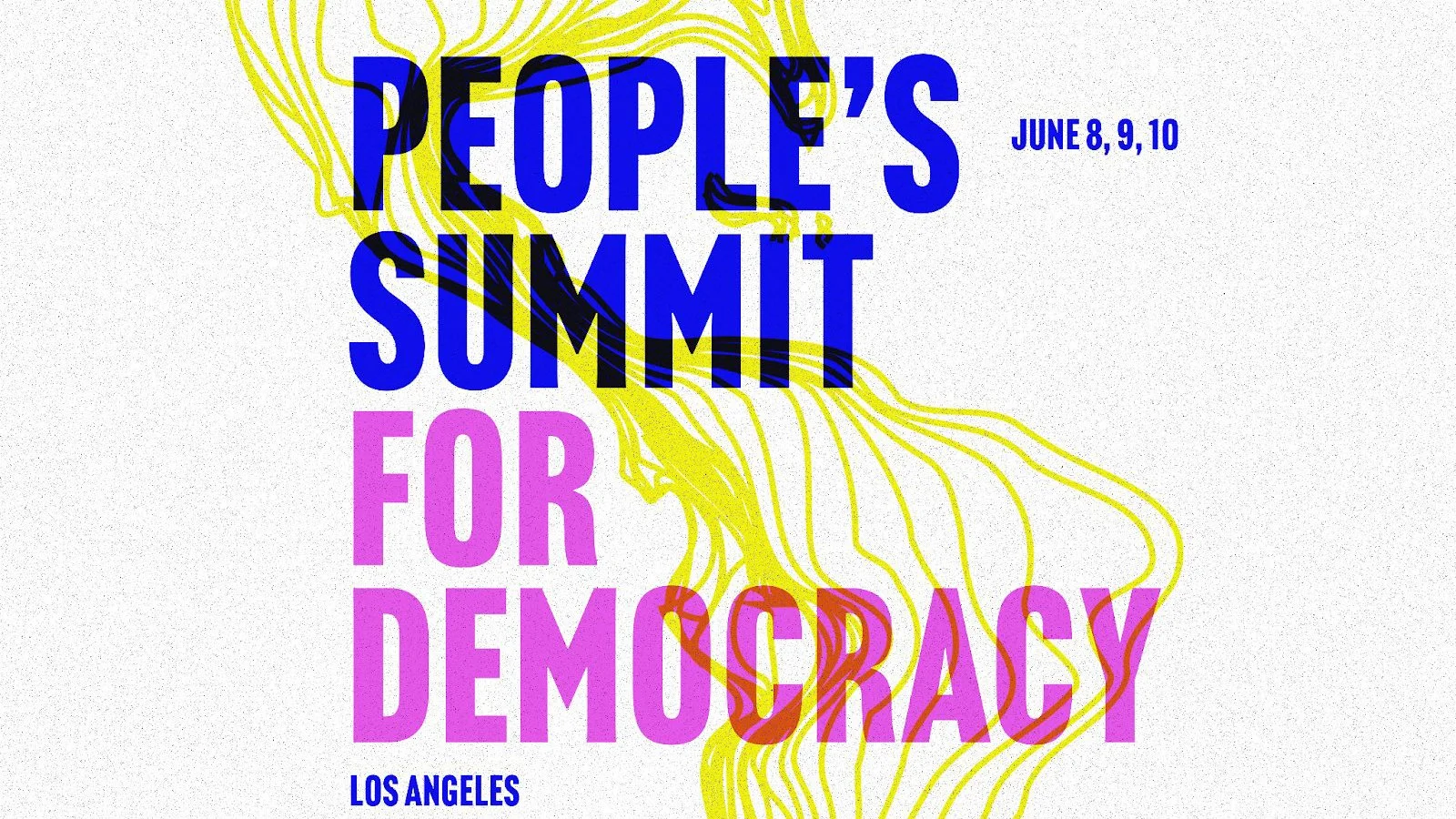CONTRA-TIEMPO at the People’s Summit for Democracy.
In June, CONTRA-TIEMPO participated in the People’s Summit, a three day event brimming with social equity workshops, panels, art, and of course, performances.
The Summit stood counter to the Summit of the Americas, which positions itself as the place for US/Latin American policy and relationship building. However, over the many years this summit has been around, its speeches, discussions, and decisions are limp conjectures when positioned against the US’s continued colonization of Latiné countries. This façade became more transparent when this year's Summit of the Americas excluded Cuba, Venezuela, and Nicaragua from the event. Rather than completely abandoning this opportunity to engage with other countries, the organizers of the People’s Summit for Democracy quickly put together another event where every Latin American country, regardless of wealth or political alignment, were welcome.
From the outside looking in, radical discourse can seem daunting, but CONTRA-TIEMPO makes it accessible through community and movement.
The workshop CONTRA-TIEMPO led, aptly named “Moving the Movement,” allowed folx to experience social change as a sensation: the first steps towards change as rhythmic and dynamic experience. While social equity was being discussed verbally, we were achieving social equity physically. The workshop started in a circle so we could see one another. Then we did a call and response about claiming our bodies as our own. After warming up, we broke into dancing, occasionally stopping to share about ourselves with a partner. We repeated this process until we communicated solely through movement. Having a physical exercise that walked people through an introduction made building trust between one another streamlined. This trust building became immediately apparent during the mirroring portion while partnered up. Basically one partner leads in a movement while the other follows physically. It's a very intimate experience when the leading partner needs to consent to being mimicked by the other. Translated into a social movement, supporting and following a group member’s initial move is crucial to the movement’s success. Social movements heavily rely on trust and they quickly become unsuccessful without faith in one another.
Photo by @MidiaNINJA
Learning this trust tied neatly in a Comparse, a processional dance originating in Santiago, Cuba. In dancing terms, the dance is a flock, which means those at the front lead the movement and control the pace of the march. In order to work, the group needs to trust each other, and in some cases, hold each other accountable for the movement’s integrity. What is crucial, and tricky, about this dance is that movements must sustain fluidity. Meaning, one should not be able to track the beginning and end of a movement: there isn’t a distinct leader or initiator of the dance. In social movements, not having a distinct leader is incredibly important for two reasons. One, it allows for the movement to continue moving regardless of who is in the frontline. If someone drops off, the movement doesn’t end but adapts to the new composition. And two, not having a leader puts emphasis on the group as a whole rather than the individual. While an individual inspires the group to move, it is the group’s responsibility to continue to adapt, communicate, and maintain direction.
Social movements are marathons, not sprints. Using dance helps us reach a more secure, balanced world.
When CONTRA-TIEMPO talks about dance being ancestral technology, these exercises can show both the past and future of our world. If we are trying to be soloists and disregard our company members, the entire vision collapses. But if we build trust with one another and focus on sustaining the integrity of the group, a vision can be fully realized. The People’s Summit is a great example of applied learning. In a time when being around others can be, in many ways, hazardous, it is imperative to use physical techniques to expedite change.



